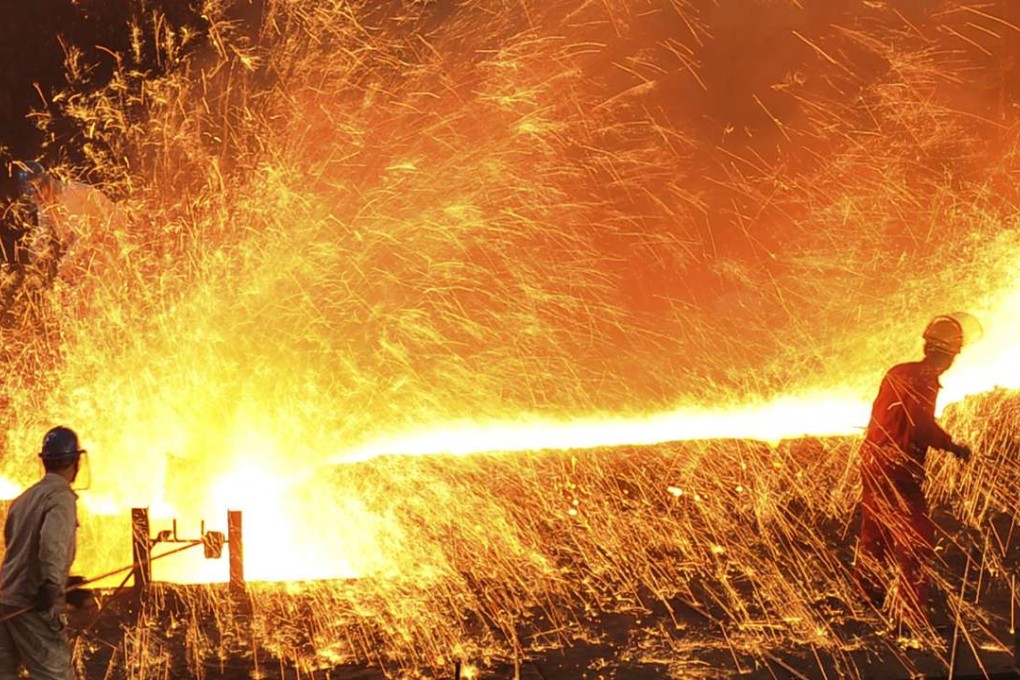Major Chinese state steel maker starts bankruptcy process after failed debt-to-equity attempt
Bankruptcy filing follows apparent suicide of chairman, defaults on 5.8b yuan of bonds and futile talks with lenders

Dongbei Special Steel, a debt-ridden state-owned enterprise backed by the Liaoning provincial government, has started bankruptcy proceedings following the apparent suicide of its former chairman, defaults on 5.8 billion yuan (HK$6.7 billion) of bonds and fruitless debt-to-equity swap talks with bank creditors.
The company’s failed attempts to avoid bankruptcy in the last six months since its first bond default in March showcased an increasingly difficulty for banks and local governments to agree upon which party should bear the brunt of a debt overhang and, more broadly, China’s challenge in dealing with “zombie” state companies and defusing the debt bomb facing the country.

The Liaoning provincial government, the ultimate controller of the company, had tried to persuade creditors including the China Development Bank and Bank of China to agree upon a debt-to-equity swap plan, but the proposal was rejected. In July, angry creditors called upon all Chinese financial institutions to boycott Liaoning, a province in serious economic and political trouble, because of Dongbei’s unpaid debts.
A local court in Dalian, Liaoning, has now accepted a creditor’s application to start bankruptcy proceedings for Dongbei Special Steel, in what is a rare development for a state firm.
“It’s an important case that indicates that Chinese state-owned enterprises can go bankrupt, and an important step towards making China’s economy more market driven,” said Terence Chong Tai-leung, an associate professor in the department of economics at the Chinese University of Hong Kong.